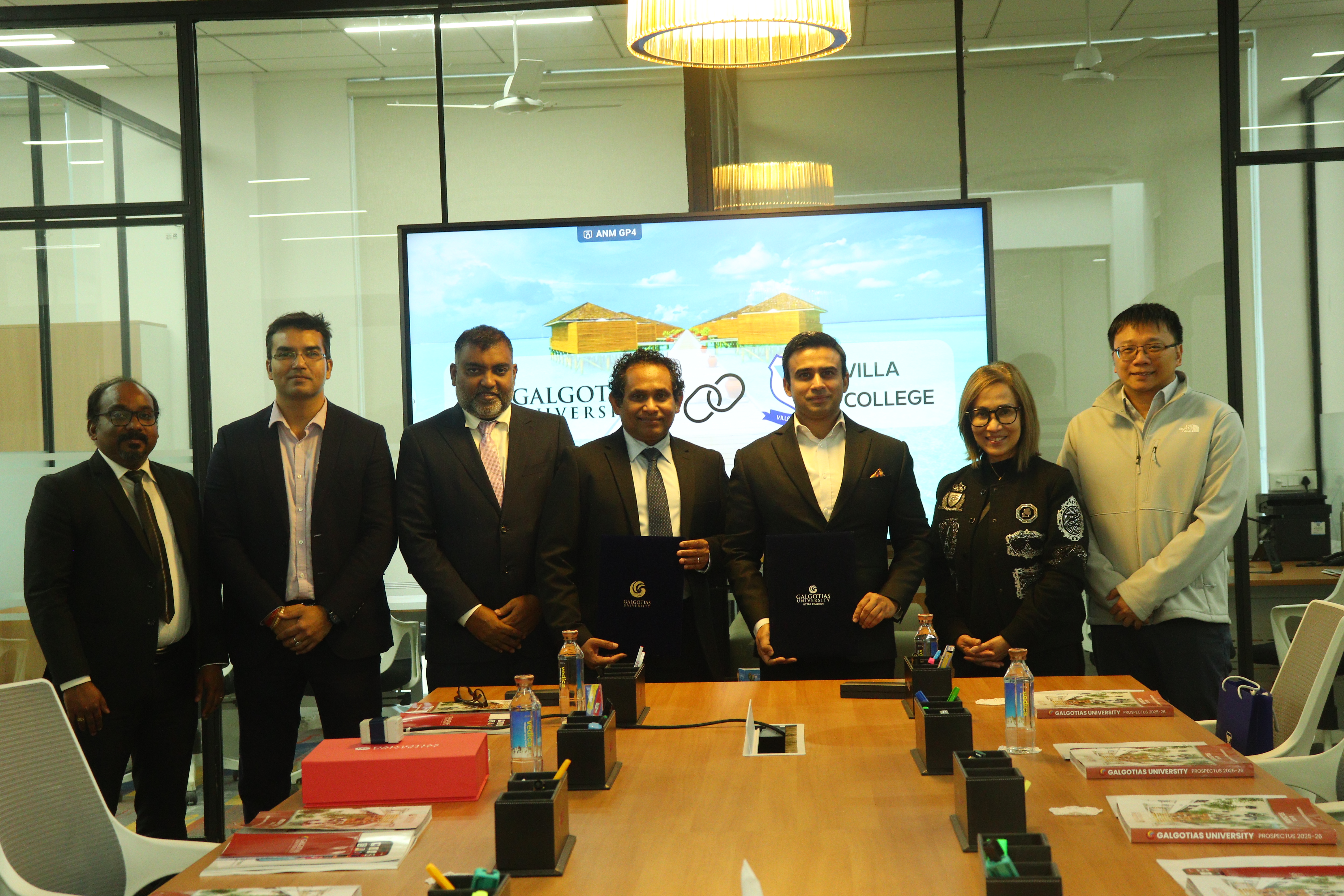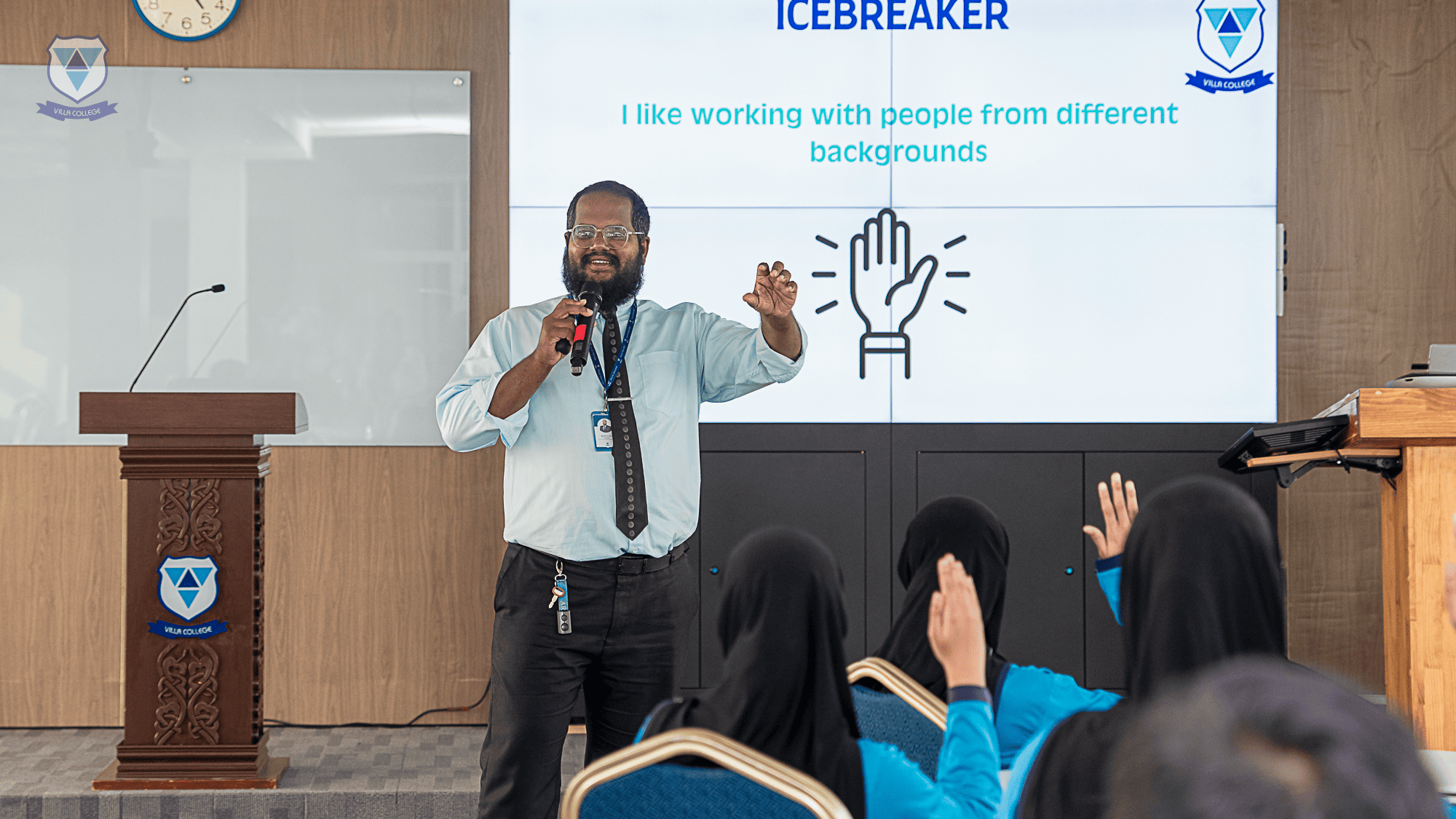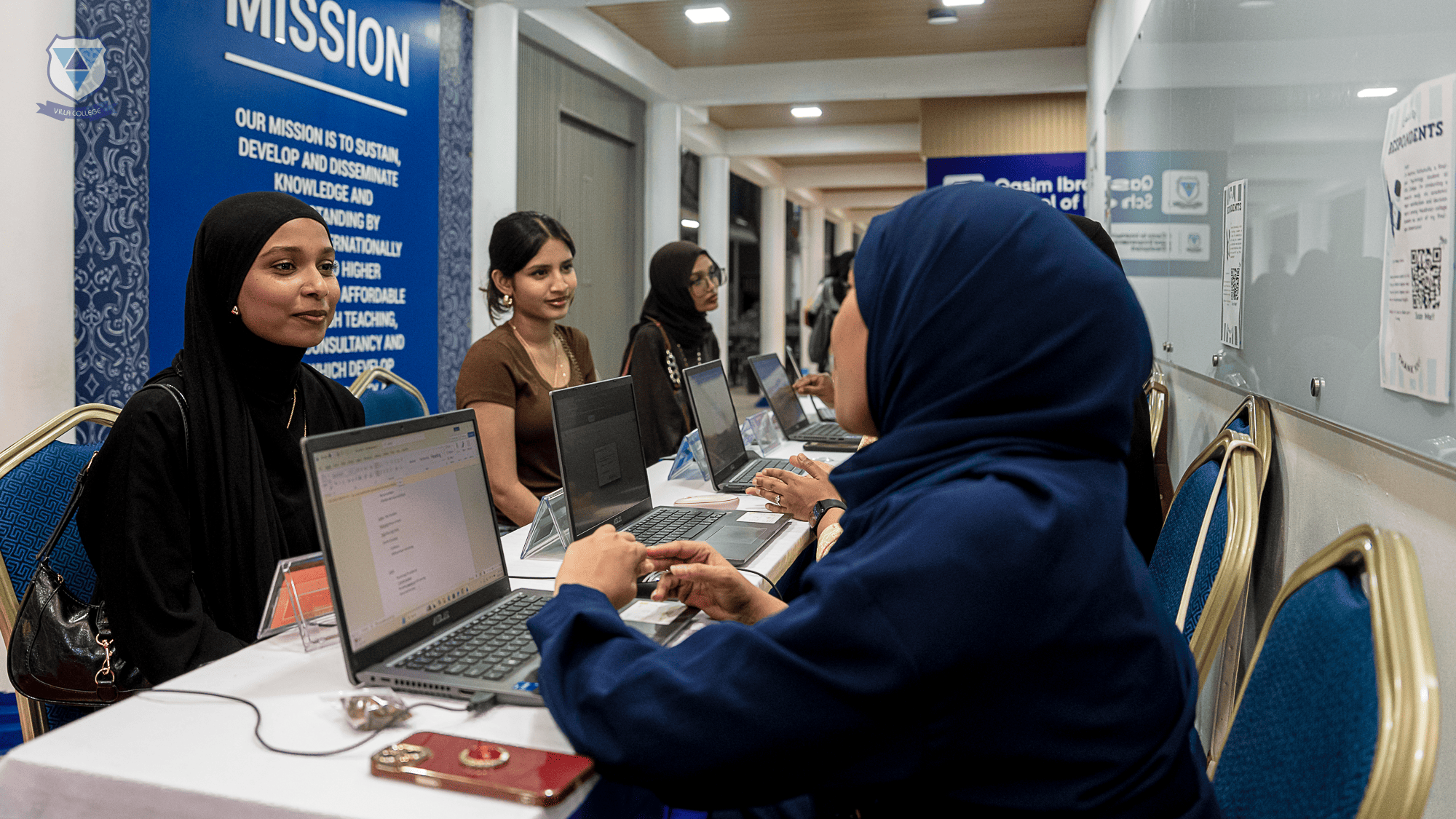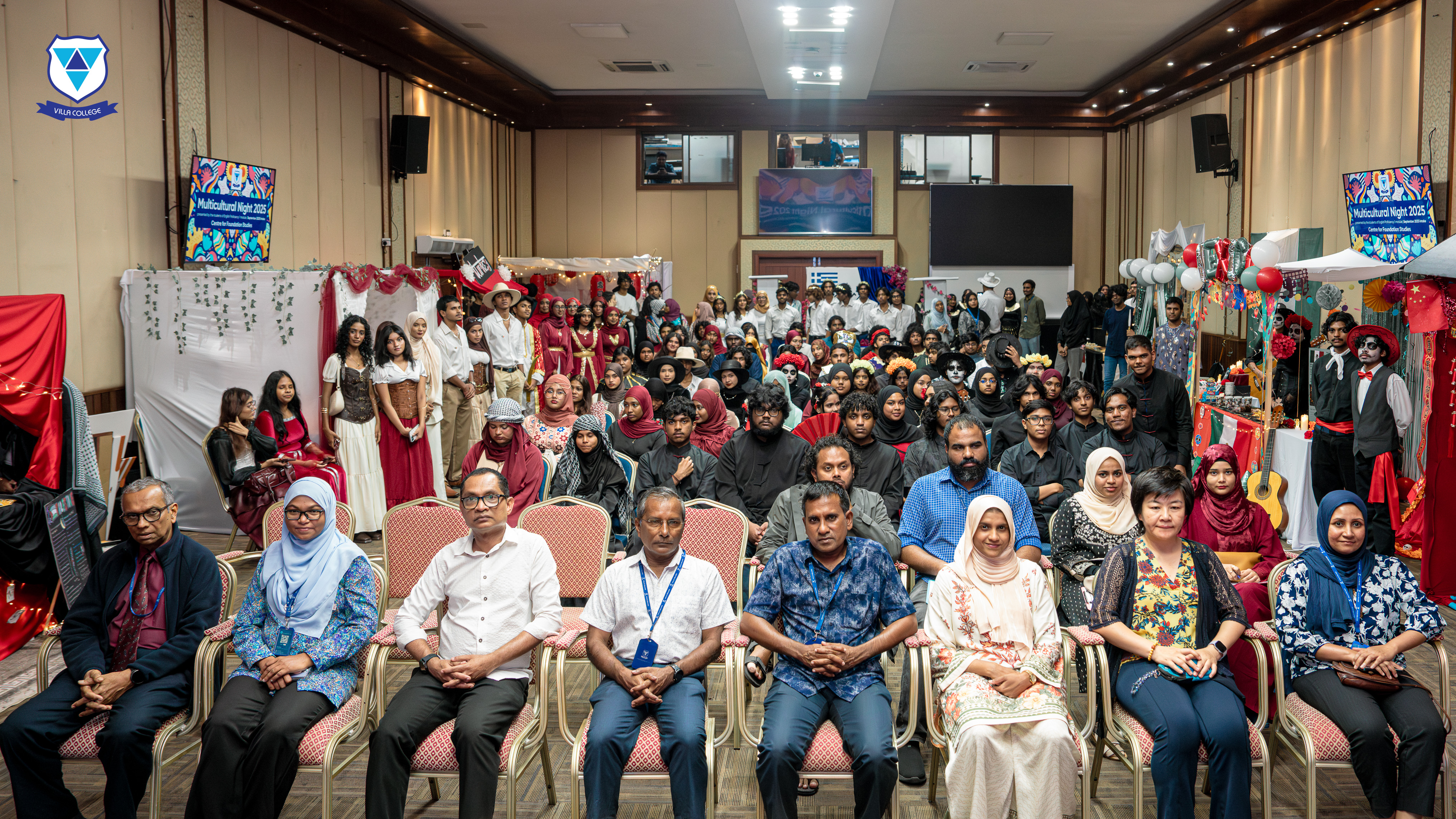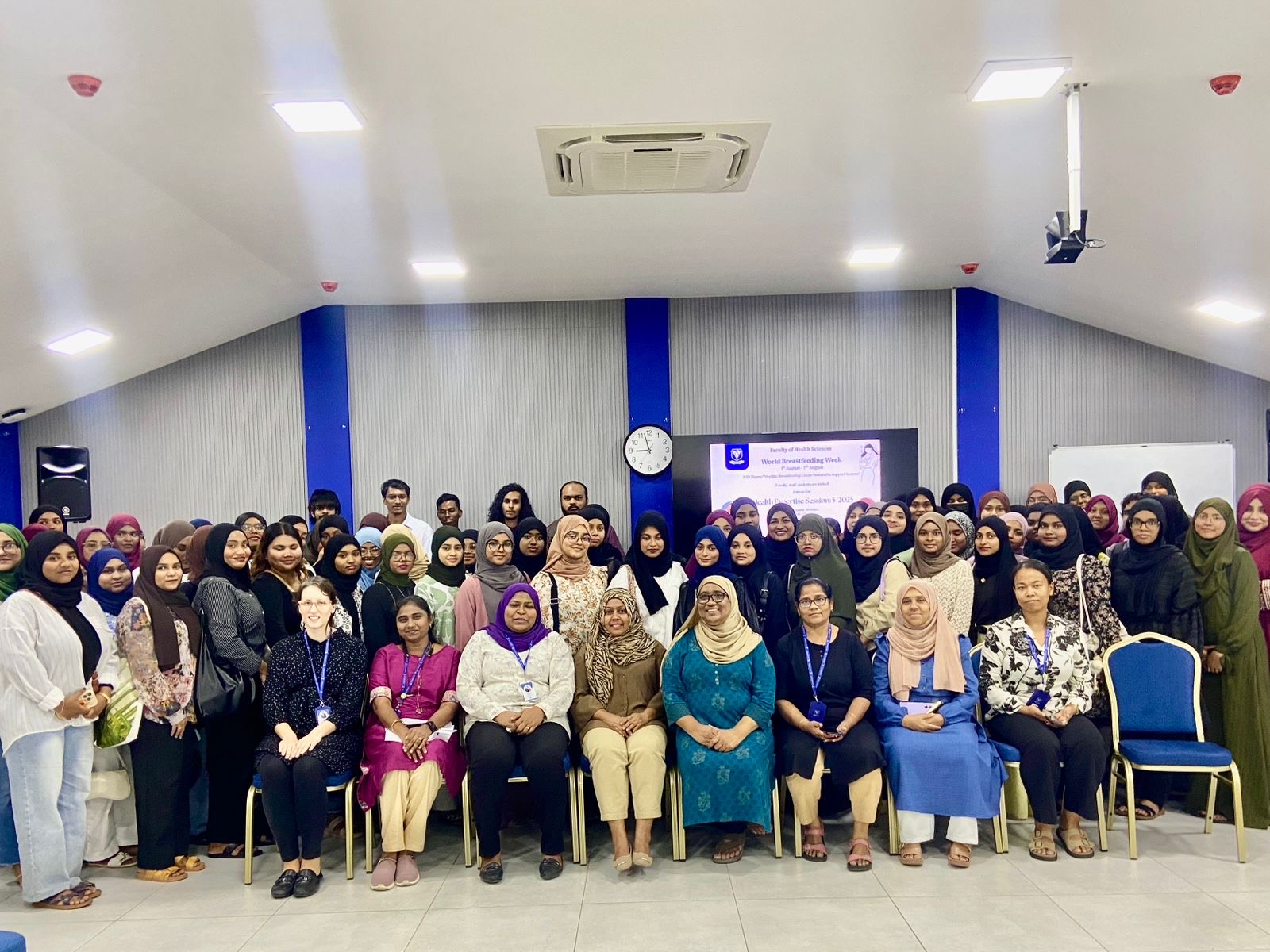
The Faculty of Health Sciences at ÃÜÌÒÊÓƵ demonstrated its unwavering commitment to maternal and child health by celebrating World Breastfeeding Week from August 1st to 7th, 2025. This year's global theme, "Prioritize Breastfeeding: Create Sustainable Support Systems," resonated deeply with the institution's mission to prepare future health professionals who can champion evidence-based practices in their communities.
Expert-Led Health Session Brings Theory to Practice
The event took place on August 6th at QI Campus, where Health Expertise Session 5/2025 created a dynamic learning environment for students passionate about maternal and child health. This carefully orchestrated session transformed theoretical knowledge into practical understanding, bridging the gap between academic learning and real-world healthcare delivery.
Two distinguished healthcare professionals led the discussions, bringing decades of frontline experience to the academic setting. Ms. Aishath Shafeeu, serving as Head Nurse in the Labour Room, Treetop Hospital shared insights from her direct work with new mothers during their most vulnerable yet empowering moments. Her colleague, Ms. Fathimath Fileeshiya, Assistant Director of Nursing, Treetop Hospital provided administrative and policy perspectives that highlighted how individual patient care connects to broader healthcare systems.
Comprehensive Approach to Breastfeeding Education
The session addressed critical areas that extend far beyond basic breastfeeding techniques. The facilitators guided students through the complexities of building and sustaining support systems, recognizing that successful breastfeeding requires a network of informed individuals who can provide consistent, evidence-based guidance. This systems approach acknowledges that breastfeeding success depends not just on individual mothers, but on the entire ecosystem of support surrounding them.
Public breastfeeding emerged as another crucial discussion point, addressing the social barriers that often discourage mothers from continuing their breastfeeding journey. The experts emphasized how normalizing breastfeeding in public spaces becomes a community health initiative, requiring healthcare professionals to advocate for policy changes and social acceptance alongside clinical care.
The breastfeeding success timeline received particular attention, helping future healthcare providers understand that breastfeeding establishment is a process rather than an immediate outcome. This temporal perspective equips students with realistic expectations and the patience necessary to support families through challenges that may arise in the early days and weeks.
Understanding infant feeding cues formed another cornerstone of the educational program. The facilitators demonstrated how healthcare professionals can teach parents to recognize their babies' subtle communications, transforming feeding from a scheduled activity into a responsive relationship. This skill proves essential for building confidence in new parents while promoting optimal infant nutrition.
Practical Wisdom for New Mothers
The session concluded with essential tips specifically designed for new mothers, recognizing that healthcare professionals often serve as the primary source of practical guidance during the postpartum period. These evidence-based recommendations covered everything from positioning techniques to addressing common concerns, ensuring that ÃÜÌÒÊÓƵ graduates can provide comprehensive support to the families they serve.
Advancing Global Sustainability Goals Through Local Action
ÃÜÌÒÊÓƵ's World Breastfeeding Week celebration aligns strategically with multiple United Nations Sustainable Development Goals, demonstrating how academic institutions can contribute to global progress through focused educational initiatives. The connection to SDG 3, Good Health and Well-being, appears most directly through the promotion of breastfeeding as a foundational public health intervention that benefits both mothers and infants throughout their lives.
The commitment to SDG 4, Quality Education, manifests through the institution's dedication to preparing healthcare professionals with comprehensive, evidence-based knowledge. By ensuring that future nurses, midwives, and other health professionals graduate with strong breastfeeding support skills, ÃÜÌÒÊÓƵ multiplies its impact across the communities these graduates will serve.
SDG 17, Partnerships for the Goals, comes alive through collaborations like this health expertise session, where practicing healthcare professionals share their knowledge with students. These partnerships create sustainable knowledge transfer mechanisms that strengthen both academic programs and healthcare delivery systems.
Cultivating Future Health Advocates
The Faculty of Health Sciences recognizes that today's students will become tomorrow's healthcare leaders, policy makers, and community advocates. By emphasizing breastfeeding as a public health priority during their academic preparation, ÃÜÌÒÊÓƵ ensures that graduates enter their careers with both the clinical skills and the advocacy mindset necessary to create lasting change.
This educational approach acknowledges that effective breastfeeding support requires healthcare professionals who can work across multiple levels, from individual patient counseling to community education and policy advocacy. The World Breastfeeding Week celebration serves as a catalyst for developing this multifaceted competency among future healthcare professionals.
Looking Forward: Sustained Commitment to Maternal and Child Health
As World Breastfeeding Week 2025 concludes, the impact of ÃÜÌÒÊÓƵ's educational initiatives extends far beyond a single week of activities. The knowledge shared, connections made, and advocacy skills developed during this celebration will influence healthcare practices across the Maldives as graduates carry these lessons into their professional careers.
The Faculty of Health Sciences continues to demonstrate that academic excellence in healthcare education requires more than technical skill development. By integrating global health priorities with local educational initiatives, ÃÜÌÒÊÓƵ prepares graduates who can contribute meaningfully to both individual patient outcomes and broader public health goals, ensuring that the institution's commitment to "Prioritize Breastfeeding: Create Sustainable Support Systems" becomes a lasting legacy in Maldivian healthcare.
